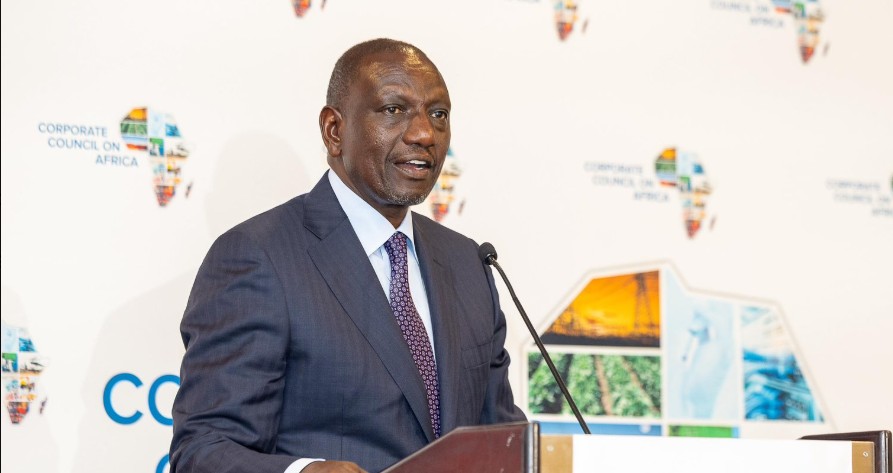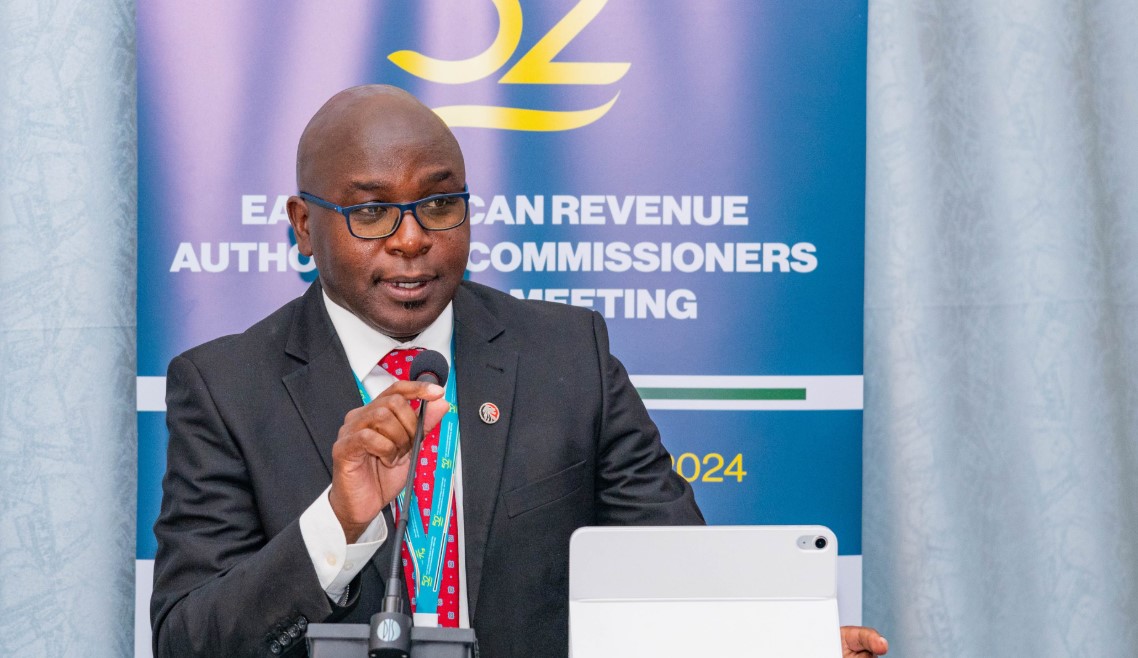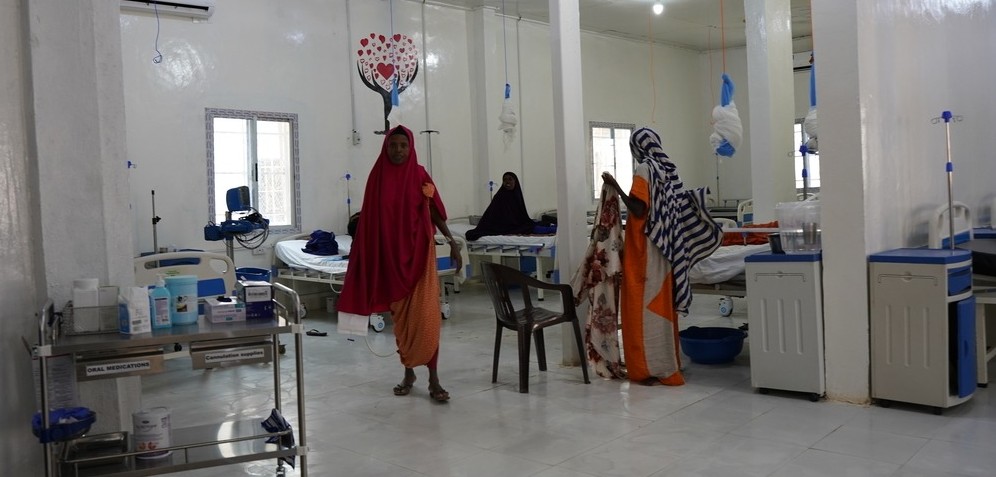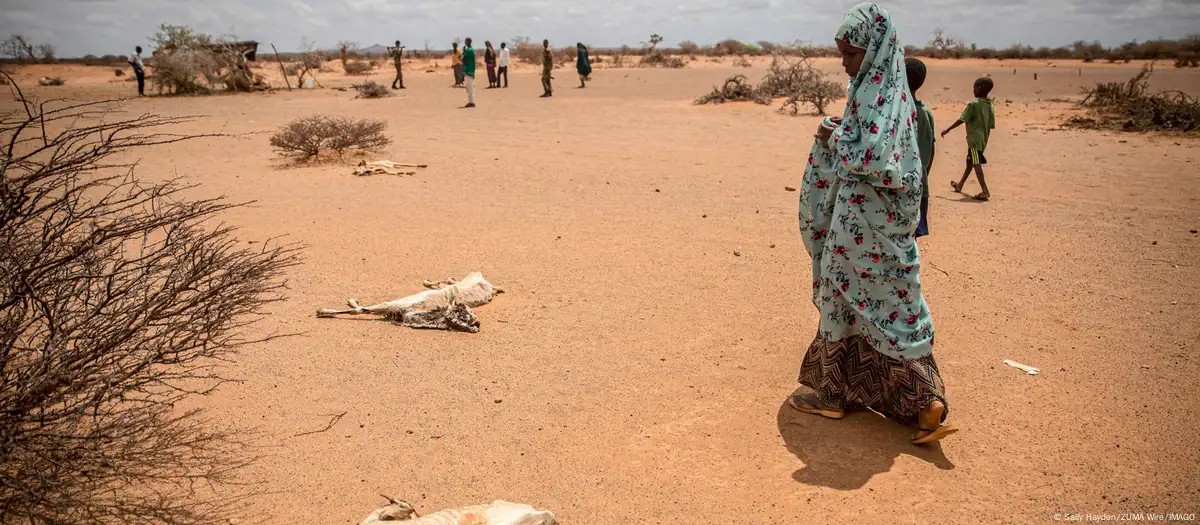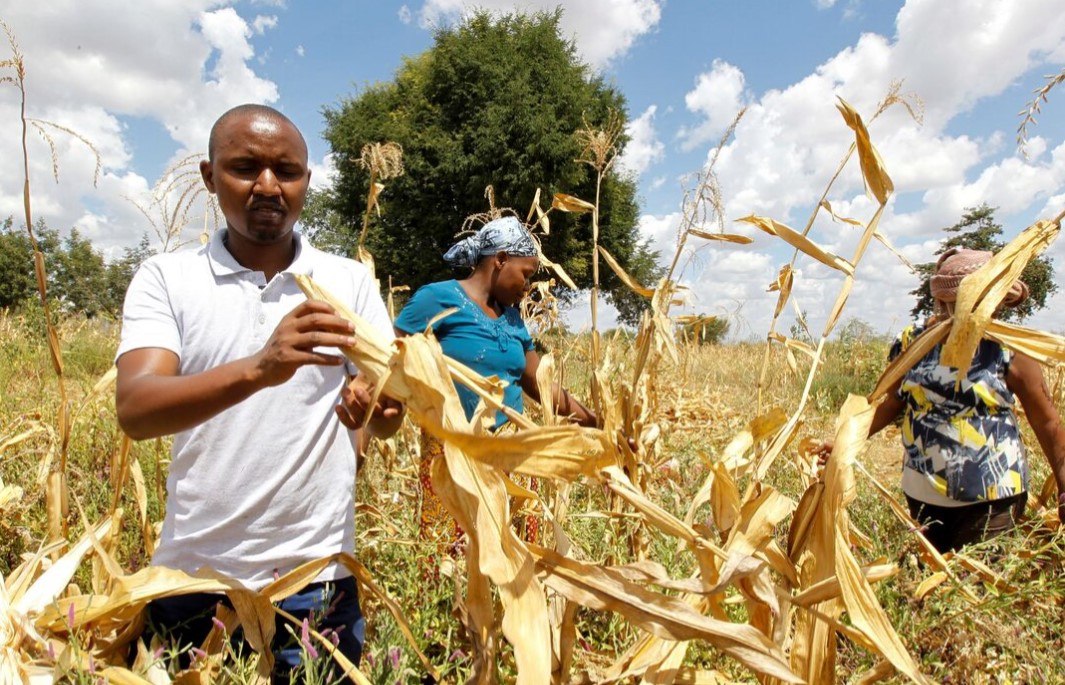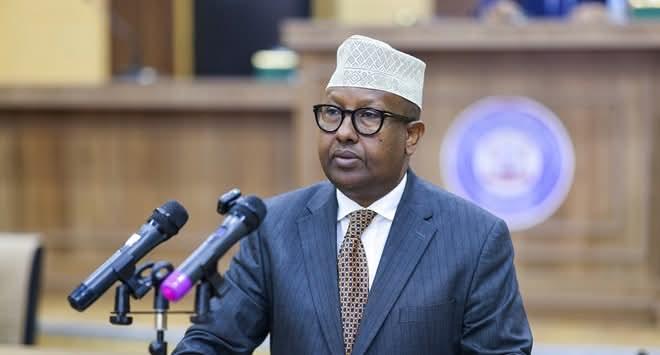Kenya to introduce mandatory sickle cell screening during maternal, child health visits
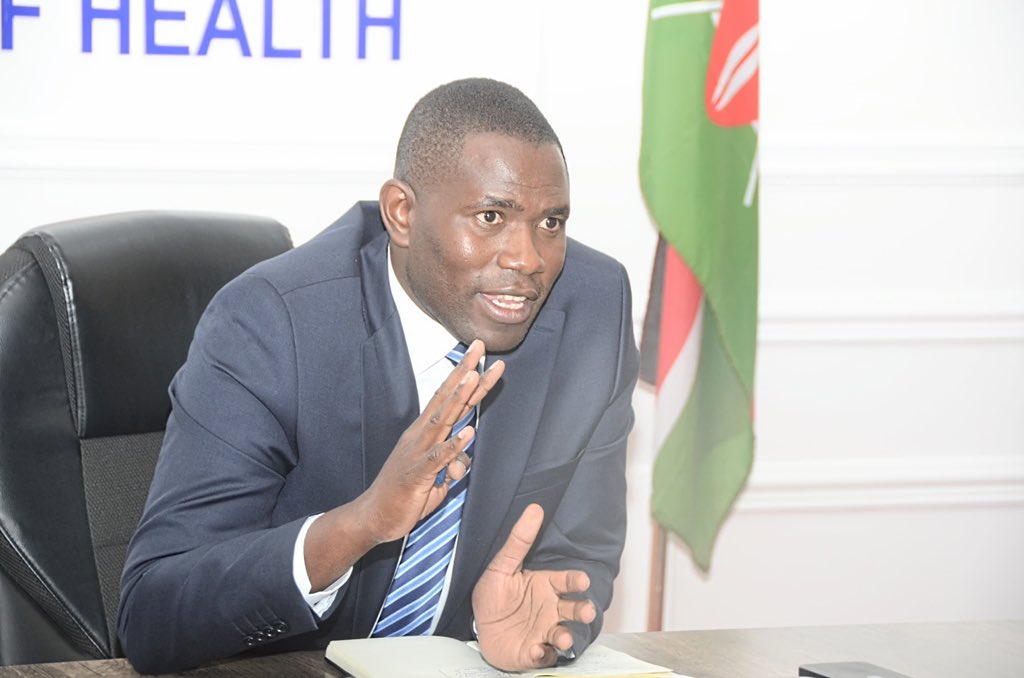
Medical Services Principal Secretary Ouma Oluga said millions of Africans continue to endure the condition in silence, with many succumbing to painful but preventable deaths.
Kenya will make sickle cell screening mandatory during routine maternal and child health visits, a move the government says will ensure no child is left behind.
Speaking on behalf of President William Ruto during the high-level event on sickle cell disease at the 80th United Nations General Assembly in New York, Medical Services Principal Secretary Ouma Oluga said millions of Africans continue to endure the condition in silence, with many succumbing to painful but preventable deaths.
More To Read
- Conflict, displacement fuelling measles outbreaks across the continent - Africa CDC
- Sudan records nearly 2,000 cholera deaths as conflict exacerbates outbreak: Africa CDC
- Ministry of Health announces measures to reduce maternal, newborn deaths
- Hospitals with high maternal mortality to lose licences, says Ministry of Health
- New hope for mothers as WHO unveils life-saving guidelines to tackle postpartum haemorrhage deaths
- Over 6,000 Kenyans join global run in Nairobi to raise awareness on maternal deaths
Oluga painted a grim picture of the disease burden in Kenya, noting that about 14,000 children are born with sickle cell disease each year, and up to 90 per cent of them die before their fifth birthday.
He cited progress already made in tackling the condition, pointing to Kenya’s National Guidelines for the Prevention and Management of Sickle Cell Disease (2021) and the Policy Guidelines for Infant Screening (2023).
“These measures have institutionalised early detection and lifesaving interventions across the country,” he said.
To reduce the financial strain on families, the PS outlined the government’s creation of three new health funds: the Primary Healthcare Fund, the Social Health Insurance Fund, and the Emergency, Chronic and Critical Illness Fund. He explained that the funds are “designed to guarantee routine care for sickle cell patients without the burden of out-of-pocket costs.”
The New York meeting, convened by the Africa Centres for Disease Control and Prevention (Africa CDC), brought together ministers, policymakers and global health leaders who pledged to intensify efforts against sickle cell disease across the continent.
Sickle cell disease (SCD) is a genetic blood disorder that alters the structure of red blood cells. Instead of being round and flexible, the cells take on a stiff, crescent shape that can block blood flow, triggering pain, infections and other complications. While it is not contagious, it is inherited and remains one of the leading genetic conditions in Africa.
Experts recommend premarital or early-life screening to determine sickle cell status, saying such knowledge helps individuals make informed reproductive choices and enables timely treatment for affected children.
However, they warn that cultural stigma and limited access to diagnostic services continue to slow progress in addressing the disease.
Top Stories Today



